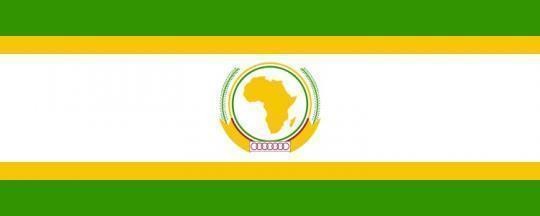The African Union has decided to publish an investigative report about atrocities committed in South Sudan and to establish an ‘African-led’ court to prosecute those responsible for the atrocities, according to a communique released by the AU Peace and Security Council.
The communique was released by the AU governing body late yesterday following a meeting of the body at the level of heads of state in New York on Saturday, on the sidelines of the UN General Assembly. The group of African leaders directed the Chairperson of the AU Commission to release the final report of the African Union Commission of Inquiry on South Sudan, “for public information.”
The report consists of two parts, a majority opinion of the Commission members, and a “separate opinion,” expressed by a member of the panel who did not agree with the majority view. Both are to be released to the public, according to the communique.
As of Tuesday morning, the AU Commission report has still not yet been published, but the AU Council summarized some of its findings in its communique.
“The extreme violence that is the focus of the AUCISS report was unleashed in two phases: (a) the first over three days, from 16 to 18 December 2014, in Juba, (b) the second phase covered three states in the provinces and was centered around the towns of Bor, Bentui and Malakal,” reads the communique.
The Commission of Inquiry found evidence of murder, torture, looting, sexual violence and other acts of “inhuman brutality” committed by both parties to the conflict.
“Most of the atrocities were carried out against innocent civilians. Places of religion and hospitals were attacked, humanitarian assistance was impeded, towns pillaged and destroyed, places of protection attacked and children under 15 years old conscripted.”
With this in view, the Council agreed on “the establishment by the AU Commission of an independent hybrid judicial court, the Hybrid Court of South Sudan (HCSS), in accordance with Chapter V (3) of the Agreement reached by the South Sudanese parties, as an African-led and Africa-owned legal mechanism.”
The purpose of the court shall be “to investigate and prosecute individuals bearing the responsibility for violations of international law and/or applicable South Sudanese law, committed from 15 December 2013 through the end of the transitional period”.
The AU Council directed the AU Commission to take steps toward establishing the Hybrid Court, “including providing broad guidelines relating to the location of the HCSS, its infrastructure, funding and enforcement mechanisms, the applicable jurisprudence, the number and composition of judges, privileges and immunities of Court personnel and any other related matters.”
The release of the AU Commission of Inquiry report comes after repeated delays. Although the report was completed many months ago, the AU Council had opted not to publish it.




